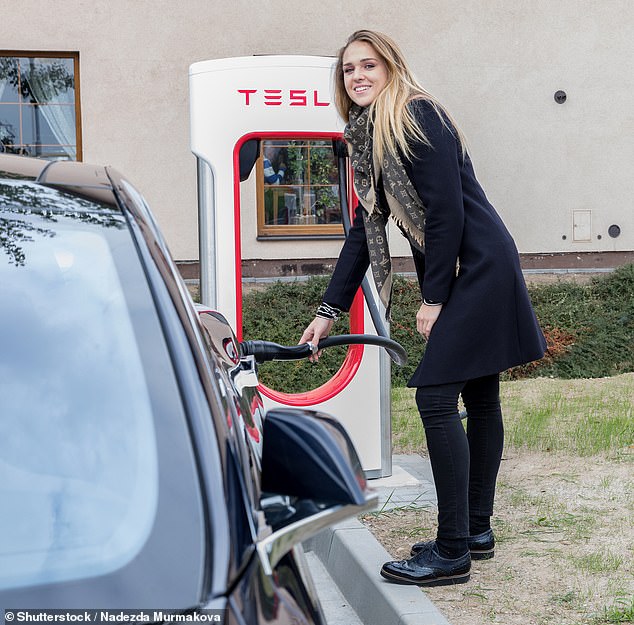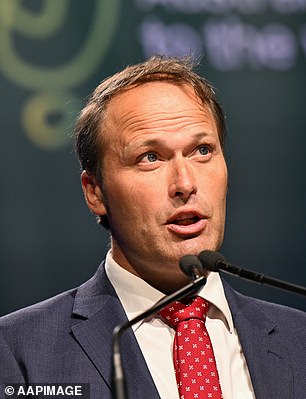Climate Change Authority calls on Australians to cut back on red meat to reduce emissions
Australians will need to eat less red meat and swap their petrol cars for electric vehicles to achieve net zero emissions by 2050, according to the government agency advising Anthony Albanese on the target.
The Climate Change Authority has proposed a series of lifestyle changes to take Australia to net zero emissions in a new report published on Wednesday.
The authority has suggested that Australians swap red meat, such as beef and lamb, for more emissions-friendly options, such as kangaroo, chicken and pork.
The advice follows the Climate Council’s conclusion that agriculture was responsible for more than half of Australia’s methane emissions in 2022-23.
It found that nearly 65 percent of climate pollution comes from methane emitted by livestock, such as cows and sheep, as they digest their food.
The council estimates the industry is responsible for about 18 percent of Australia’s total emissions, mainly from livestock farming.
David Jochinke, president of the National Farmers’ Federation, responded to Australians’ proposal to change their food preferences.
“The NFF strongly opposes this idea and states that red meat is part of a balanced and nutritious diet,” said Mr Jochinke.
‘The idea that alternative animal proteins could replace red meat in Australia’s unique pastures is simply misguided.’
The Climate Change Authority has proposed that Australians swap red meats such as beef and lamb for more emissions-friendly options such as kangaroo chicken and pork

CCA report says all light vehicle sales must be electric by 2040
Another sector the CCA is keen to change is the automotive industry.
It is stated that all light cars sold from 2040 must be electric.
“Sales of 100 percent electric new light-duty vehicles by 2040 could help minimize light-duty vehicle emissions by 2050,” the report said.
Electric cars must cost the same as non-electric cars from 2030. In addition, priority must be given to installing more charging stations.
The report cites data from electric vehicle maker Tesla, which shows that it took up to a year to install charging stations in Australia, but less than two months in other countries.

Pictured: David Jochinke, Chairman of the National Farmers’ Federation
The CCA is also interested in developing more hydrogen vehicles – a new technology with zero harmful emissions – and in using sustainable aviation fuels to reduce domestic aviation emissions by 16 percent.
CCA chairman Matt Kean, a former New South Wales Minister for Climate Change and Energy, said the proposals were not recommendations but demands.
“The role of the Climate Change Authority is to provide independent, honest and fearless advice to parliament and the sitting government, regardless of political affiliation,” Kean told The Australian.
‘The Climate Change Authority’s assessment is not a recommendation to government, but rather information and analysis to inform society, businesses, policymakers, investors and governments at all levels about what is needed for a robust but responsible transition.’
You can read the full report here.
